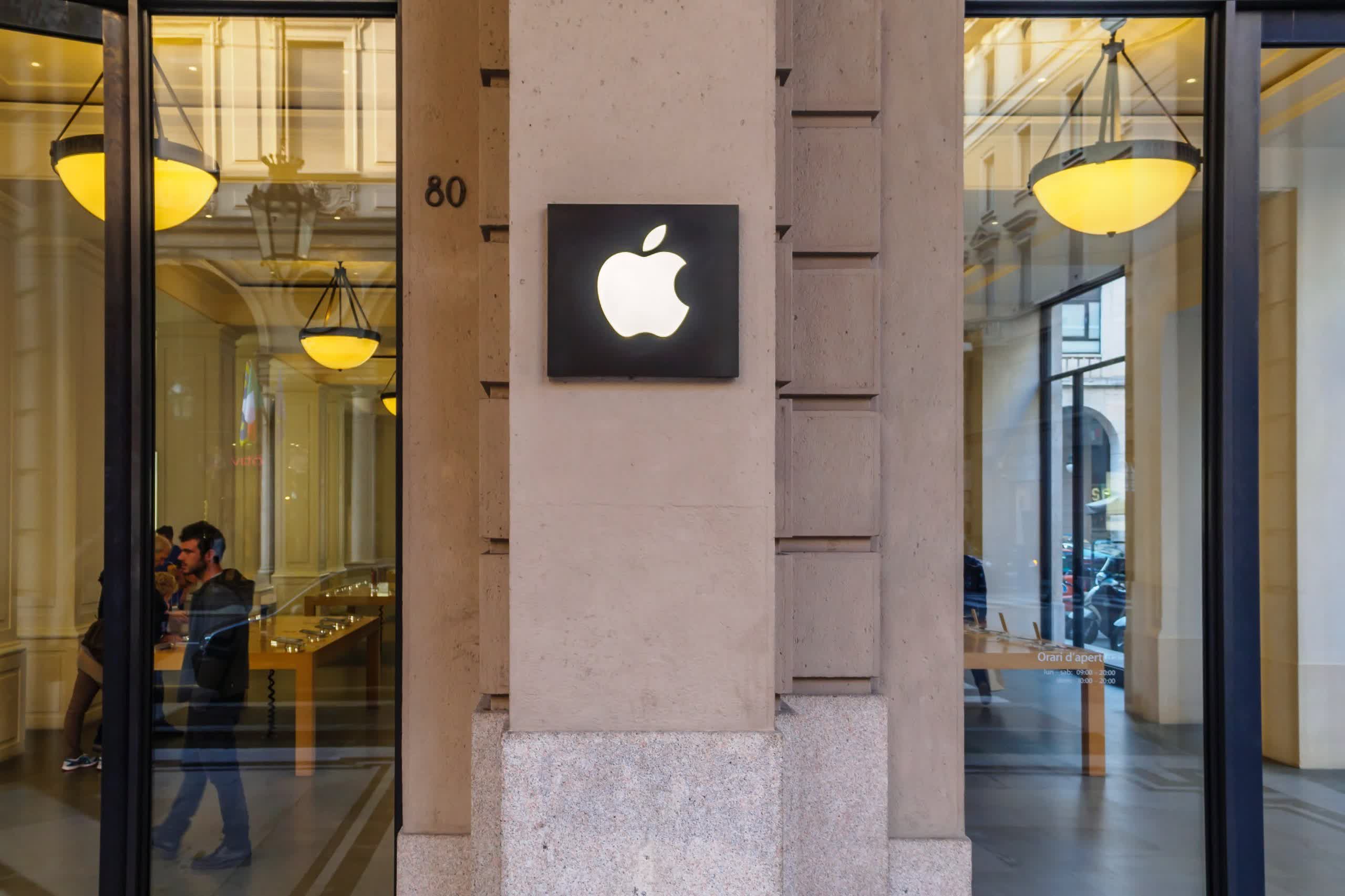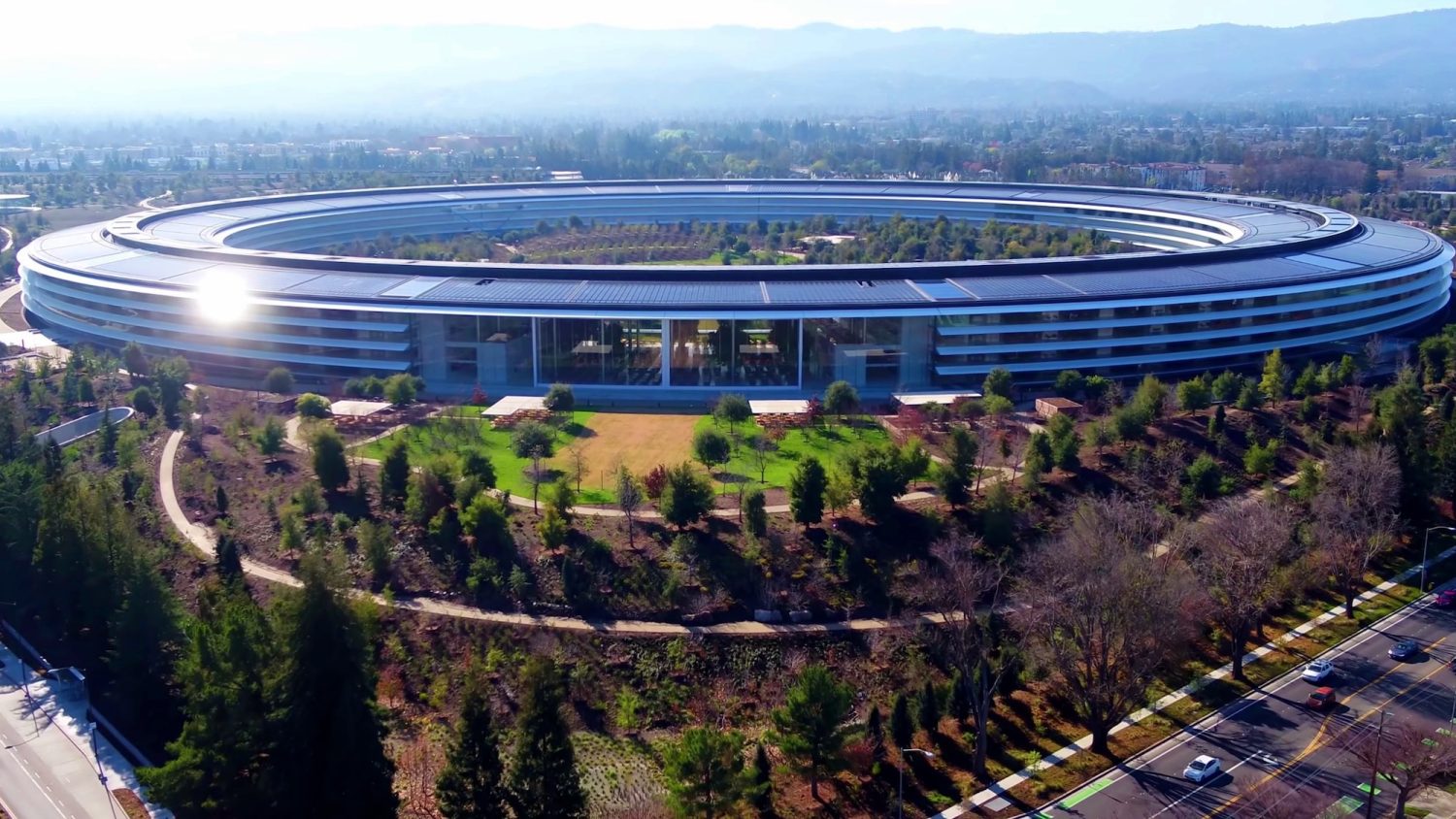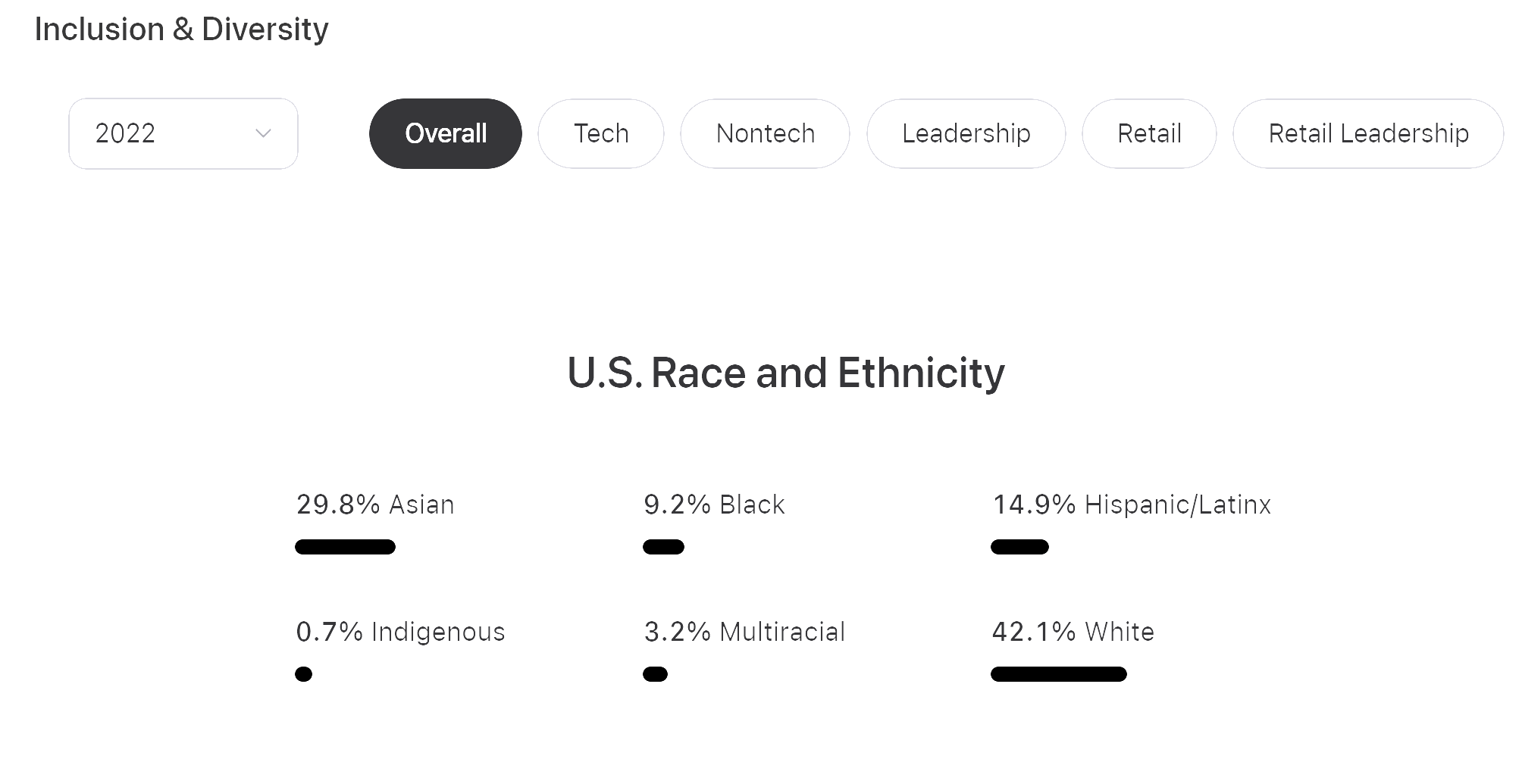A hot potato: Apple has agreed to pay $25 million to settle claims made by the US Department of Justice that said the Cupertino giant illegally favored hiring immigrant workers over US citizens and green card holders for certain jobs.
The issue relates to the permanent labor certification, or PERM program, which requires companies to prioritize and hire permanent US residents. Organizations must prove that there aren't enough US workers available and be certified by the Department of Labor and US Citizenship and Immigration Services if they want to prioritize hiring immigrants.
The DOJ said in a statement (via Reuters) that Apple did not advertise job openings that were eligible for PERM on its website, which it usually does for other positions. Moreover, the company required all applicants to mail paper applications even though it normally allows electronic submissions.
Apple Park
"These less effective recruitment procedures nearly always resulted in few or no applications to PERM positions from applicants whose permission to work does not expire," the department said.
Exactly which positions were affected by Apple's recruitment procedures or how Apple may have benefitted from them were not disclosed by the DOJ. It's noted that using foreign workers can often be cheaper than hiring those in the US, and immigrants who rely on employers for green card sponsorship are usually less likely to leave for a different job.
Apple admitted to "unintentionally" failing to follow the DOJ standard. "We have implemented a robust remediation plan to comply with the requirements of various government agencies as we continue to hire American workers and grow in the US," the company said.
In addition to handing over the $25 million, Apple has agreed to follow the rules when it comes to recruiting for PERM jobs. It will also be required to conduct more expansive recruitment and train its workers on anti-discrimination laws.
Apple prides itself on being an organization that values workforce diversity. It has released an Inclusion & Diversity report every year since 2014, the most recent of which showed its US Underrepresented Community Representation has reached 50%. The company also clamps down hard on anything it deems inappropriate. Just ask Tony Blevins, the former vice president of procurement for Apple who left the firm last year after making a comment about "big-breasted women" in a TikTok video.


